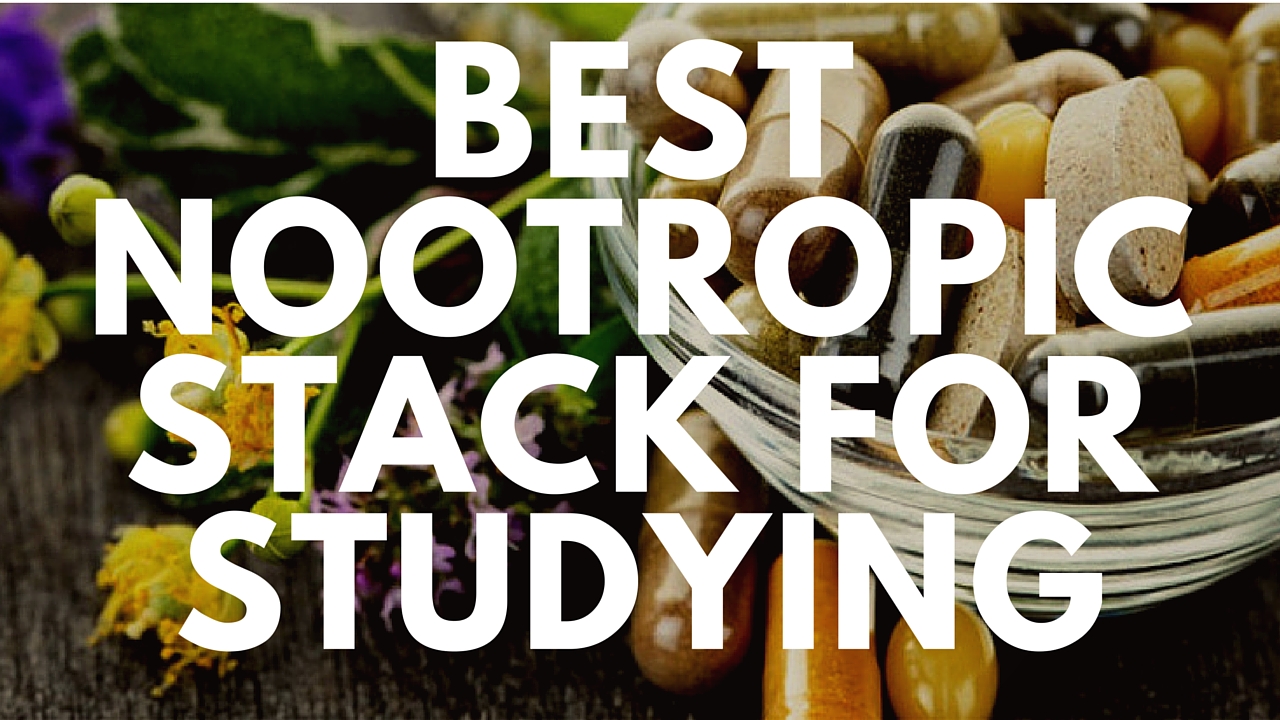When your mother told you to have a cup of tea and relax, what she meant was to have a cup of Theanine. Theanine, one of Nature’s own stress remedies, reduces stress and relieves anxiety. This herbal product is now available as a nutritional supplement.
Theanine (chemical name: r-glutamylethylamide) is one of the chemicals found in green tea, and is used to reduce stress and anxiety without the tranquilizing effects found in many other calming agents. L-theanine (also known as just theanine) is an amino acid found in tea, more specifically – green tea. Even though green tea has stimulatory effects, due to caffeine… the amino acid L-Theanine causes a contradictory CALMING effect.
Scientific evidence shows that Theanine stimulates the brain’s production of alpha waves, making the user feel relaxed but alert and not drowsy.
Theanine also helps the body produce other calming amino acids, such as dopamine, GABA, and tryptophan. As might be expected from a calming supplement, Theanine may be able to lower elevated blood pressure. Theanine also appears to have many benefits for cancer patients.
This natural supplement comes from the leaves of the Camellia sinensis plant. These leaves may be used to make an extract or brewed as a tea.
Theanine is one of the major components of amino acids in Japanese green tea. In Japan, Theanine is added to chewing gum and soft drinks to provide a soothing, relaxing effect without making you drowsy or groggy like other relaxants.
Holistic health practitioners and herbalists have known for centuries that Camellia provides a relaxing and calming tea. Western scientists are only beginning to study the effects of Theanine and the benefits that this natural substance may hold.
Benefits of Theanine
The primary use for Theanine is to reduce stress and anxiety. Reports from people who have used Theanine and the doctors who have studied its effects in their patients suggests that Theanine is effective as a treatment for:
- diminishing symptoms of PMS
- improving learning performance
- heightening mental acuity
- promoting concentration
- supporting the immune system
- lowering blood pressure
- increasing formation of the inhibitory neurotransmitter GABA
- increasing brain dopamine levels among other positive benefits with no known downside.
- helping in the treatment of cancer
The relaxing nature of Theanine
A recent study found that the overwhelming majority of visits to the doctor’s office were related in some way to stress or anxiety.
Blood pressure, immune response, heart disease, and cancer have all been connected to stress, either as a cause or as a contributing factor. We can lower the body’s stress levels by learning to relax and using proper nutrition.
Part of that nutrition may include Theanine, a main ingredient of tea. The stress-reducing properties of Theanine can help alleviate most conditions in which stress is a major factor.
Theanine and Caffeine
Much of our stress is self-induced. For example, people all over the world consume large quantities of caffeine everyday, in coffee, caffeinated teas, chocolate, and in other products.
Caffeine is a powerful stimulant, and too much caffeine can result in tremors, headache, and sleep loss. L-Theanine appears to counteract the effects of caffeine, providing calming, relaxing sensation. In animal experiments, Theanine reduced stimulation caused by caffeine.
Theanine and the Immune System
One of the ways the immune system works to protect the body is by “remembering” various bacteria. The immune system also uses latent memory, or natural defenses to disease that are already built in.
Research into the role Theanine may play in the human immune system indicates that this amino acid may provide a bridge between the two systems, allowing the immune system to respond more effectively. The researchers concluded that, “This unique combination of innate immune response and immunologic memory shows that gammadelta T cells can function as a bridge between innate and acquired immunity. In addition, these data provide an explanation for the health benefits of tea.”
Additional research on tea containing Theanine conducted at Harvard Medical School confirmed that Theanine appears to bridge the gap between innate and adaptive or acquired immunity.
Theanine Lowers Blood Pressure
Studies have shown that Theanine can lower spontaneously occurring hypertension, or high blood pressure. Spontaneous hypertension is the result of stress, excitement, or shock. The calming, soothing effects of Theanine appear to offset this dangerous condition, significantly lowering blood pressure in animal studies.
Theanine and Cancer
Much of the research about green tea and Theanine comes from Japan. Japanese residents who consumed green tea had much lower incidence of liver, pancreatic, breast, lung, esophageal and skin cancers than Americans. Research on the effects of Theanine on cancer continues.
For now, it can be said that Theanine appears to work with cancer medications, making them more effective against the disease. Research on mice found that an injection of Doxorubicin (Adriamycin) alone failed to slow tumor growth. However, the combination of Theanine and Adriamycin significantly reduced the tumor weight by 62% on average.
Other studies have confirmed that Theanine found in green tea can suppress tumor growth and proliferation, especially when used in combination with Doxorubicin.
Theanine also helps patients who are undergoing chemotherapy for cancer treatment. Although chemotherapy can provide hope for cancer sufferers, at times it seems that the cancer treatment is almost worse than the disease.
Researchers in Japan, where green tea with Theanine has been a part of the culture for centuries, found that patients experienced positive results from drinking tea. Patients who added Theanine to their diet experienced fewer and less severe side effects from Doxorubicin treatments. The doctors in the study felt that drinking green tea could encourage cancer chemotherapy and may improve the quality of life of clinical patients.
How Theanine Works
Theanine enters the brain by passing through blood-brain barrier. Once it is in the brain, Theanine causes significant increases in serotonin and/or dopamine concentrations in the brain, especially in striatum, hypothalamus, and hippocampus.
Serotonin and dopamine are often referred to as the brain’s “feel good chemicals.” The body naturally produces more of these chemicals when we are happy or feeling good. When serotonin and dopamine concentrations are increased, the individual feels more relaxed and calmer.



